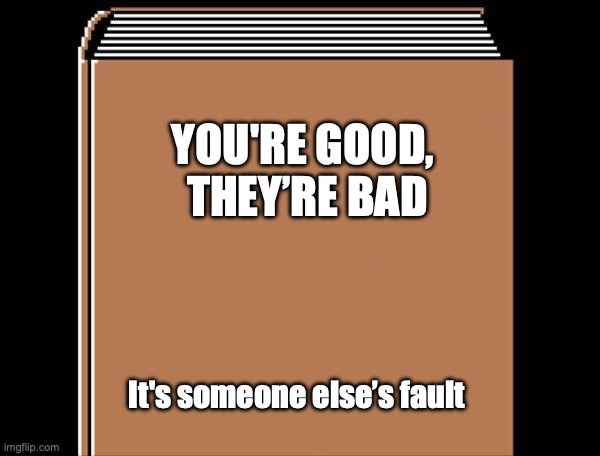
Professor, psychologist, author. Tweets about psychology, psychiatry, psychotherapy.
Writings, podcasts, talks👇
52 subscribers
How to get URL link on X (Twitter) App


 2/ When the benchmark is “getting better”—not just doing better than a control group—this is what research shows
2/ When the benchmark is “getting better”—not just doing better than a control group—this is what research showshttps://twitter.com/JonathanShedler/status/19473804926613630382/ Solzhenitsyn, “The line dividing good and evil cuts through the heart of every human being”
https://twitter.com/JonathanShedler/status/15907590038184263682/ In historic usage, it referred to taking a position (as a matter of *technique,* aimed at self-knowledge) equidistant from id, ego, & superego—terms that no longer hold currency in contemporary psychoanalytic theory, and that are now meaningless to most

https://twitter.com/charliekirk11/status/19299125333785765902/ This is called “Illusory Mental Health”


 2/ adolescence and encompassing the full spectrum of personality processes.
2/ adolescence and encompassing the full spectrum of personality processes.
 2/6 Psychotherapy is about slowing things down—so we can begin to see and understand patterns and responses that otherwise happen quickly, automatically, without awareness or understanding
2/6 Psychotherapy is about slowing things down—so we can begin to see and understand patterns and responses that otherwise happen quickly, automatically, without awareness or understanding

https://twitter.com/jamapsych/status/19164623371558588942/ at least meaningfully better

 2/ When they confuse exploration with blaming, they’re trapped. Psychological inquiry can lead only to (1) blaming the patient or (2) blaming the patient’s problems on someone or something else
2/ When they confuse exploration with blaming, they’re trapped. Psychological inquiry can lead only to (1) blaming the patient or (2) blaming the patient’s problems on someone or something else
 2/ Malignant narcissism is also described by clinical theorists as narcissism suffused with sadistic aggression. It is not sufficient for the malignant narcissist to feel important and special; it is necessary for someone else to be demeaned or vanquished.
2/ Malignant narcissism is also described by clinical theorists as narcissism suffused with sadistic aggression. It is not sufficient for the malignant narcissist to feel important and special; it is necessary for someone else to be demeaned or vanquished.

 2/ Over time, the no. of published studies increased dramatically—but no increase in benefits to patients
2/ Over time, the no. of published studies increased dramatically—but no increase in benefits to patients
 2/ If you intend to offer meaningful help for any problem, then you are necessarily in the business of "diagnosis" in the former sense of the word—working to understand what's wrong so you have a realistic chance of helping
2/ If you intend to offer meaningful help for any problem, then you are necessarily in the business of "diagnosis" in the former sense of the word—working to understand what's wrong so you have a realistic chance of helping
 /2 This is a matter of therapy technique
/2 This is a matter of therapy technique